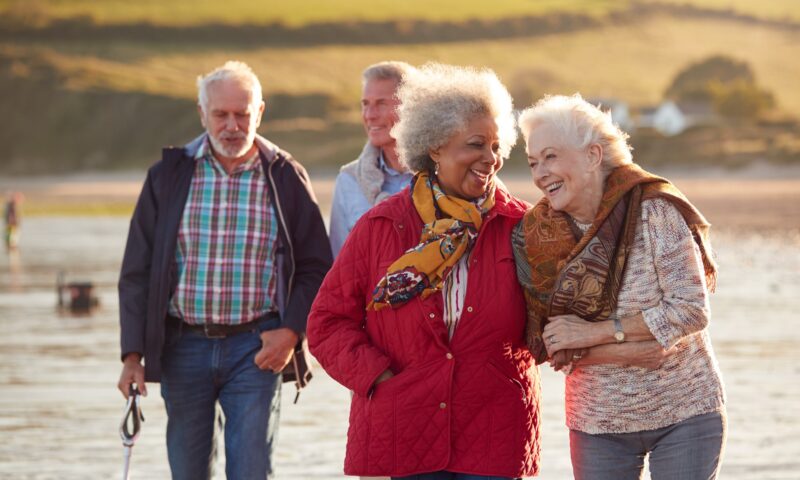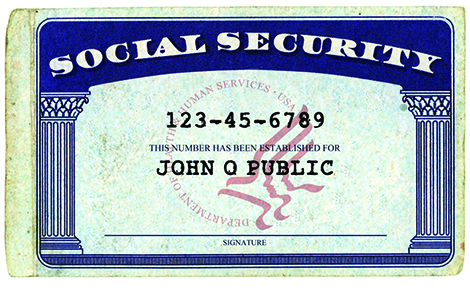COPD: Myths and truths
(Pictured: The right exercise, such as walks on a beach, has many healthful benefits for people with COPD.)
Chronic obstructive pulmonary disease (COPD) is a lifelong chronic lung disease that makes it difficult to breathe and is a leading cause of death and disability in the United States. According to experts, the more knowledge a patient with COPD has about the disease, the better off they will be.
A recent review from the American Lung Association found that patient education can help improve COPD self-management, provide skills for coping with related mental health challenges, improve overall health and quality of life, and reduce hospital admissions. This is especially important for those who have been living with the disease for a long time who may not be aware of recent treatment options and updated treatment guidelines, or who may not be inclined to recognize new or worsening symptoms and report them to their healthcare provider.
To help people who have been living with the disease for 10 or more years live better, more active and enjoyable lives, the American Lung Association, with support from Sanofi and Regeneron, launched the new “COPD for Life” campaign. As part of the campaign, they say they are busting the following common myths about the disease:
Myth: COPD is a man’s disease.
Truth: More women are living with COPD compared to men, and deaths from COPD are higher among women than in men. Everyone with risk factors and those experiencing early warning signs, no matter their age or gender, should talk to their healthcare provider.
Myth: There is no treatment for COPD.
Truth: There is no cure for COPD, but treatment and management can help slow the progression of COPD and control symptoms so that a patient feels better and is able to spend more time doing what they enjoy.
Myth: You cannot exercise if you have COPD.
Truth: The right amount and type of exercise has many benefits, and tips on how to get started should be discussed with a healthcare provider
Myth: COPD only affects the lungs so what you eat does not matter.
Truth: Most people are surprised to learn that the food they eat may affect their breathing. Talking to your healthcare provider about the right types of food for you may help you breathe easier.
Myth: If you already have COPD, quitting smoking won’t help.
Truth: Quitting smoking is an important part of any COPD treatment plan. The chemicals in cigarettes, e-cigarettes, and cigars can further damage lungs and may prevent medications from working as well as they could.
Myth: A patient should manage COPD on their own.
Truth: People who work closely with their healthcare providers to have a good treatment plan have better health outcomes. It’s especially important to see a healthcare provider if symptoms change or worsen. Likewise, supportive services, such as in-person or virtual support groups, can have a positive impact on health outcomes. Some studies indicate that positive social support is associated with reduced hospitalizations, fewer exacerbations, better health status, and improved disease management behaviors.
To learn more, call the American Lung Association’s Lung HelpLine at 1-866-252-2959 and be connected to a Lung Health navigator, or visit Lung.org/COPD or Lung.org/Helpline for additional resources and to chat live with a licensed registered nurse or respiratory therapist.
The Lung Association notes that life with COPD can often be challenging. But having up-to-date knowledge and the right resources can help patients stay active, control their symptoms, and know what to do if their COPD gets worse.
Source: StatePoint Media



